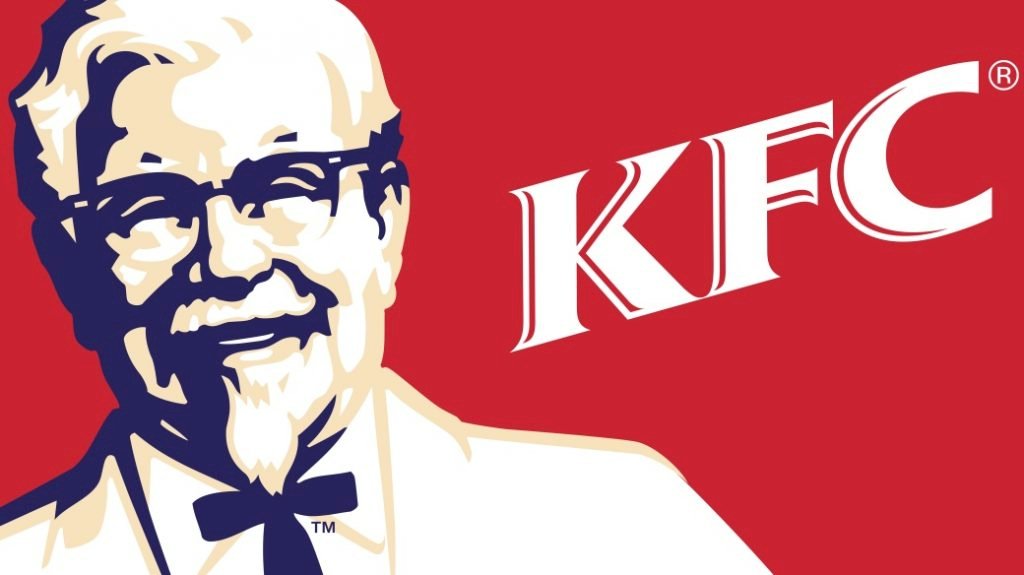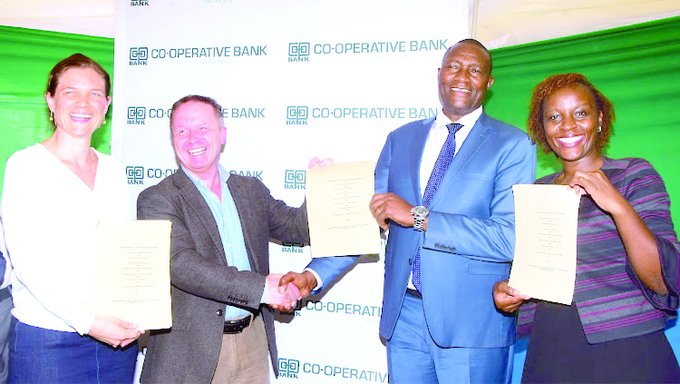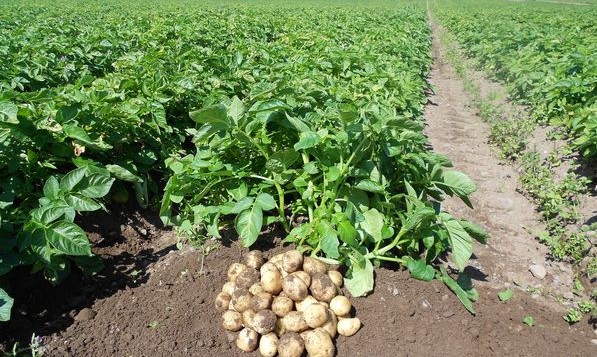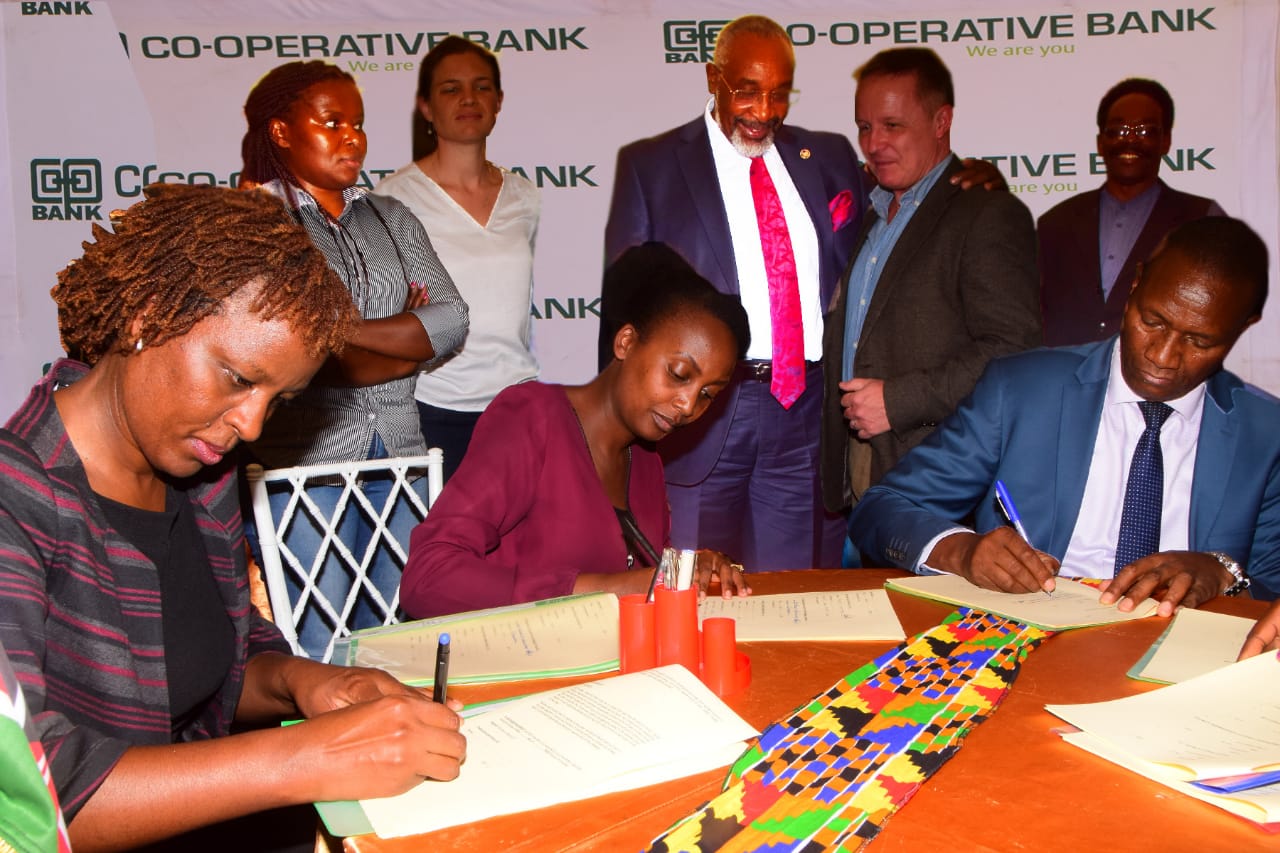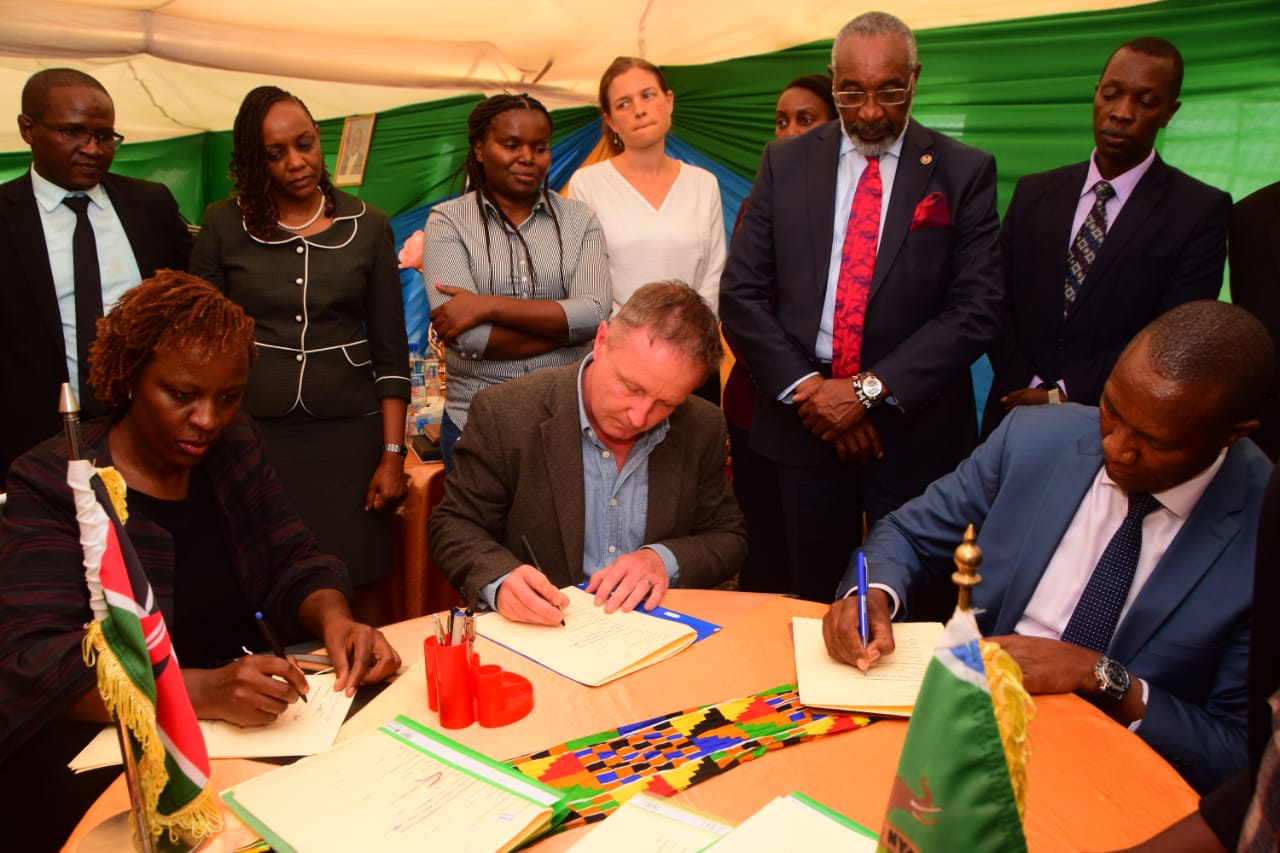In the highlands of Nyandarua County, nestled 195 kilometers north of Nairobi, lies a gem of ecological and cultural significance – Lake Ol Bolossat.
This serene wetland, Kenya’s only high-altitude lake, is more than just a picturesque landmark; it is a vital ecosystem and a lifeline for the communities around it.

Despite its beauty and importance, Lake Ol Bolossat has long faced threats from human activity, environmental degradation, and climate change.
Yet, through the unwavering efforts of the Lake Ol Bolossat Community Conservation Group, this precious wetland is being revitalized, setting a benchmark for grassroots conservation in Kenya
Ground zero for Biodiversity
Lake Ol Bolossat supports a rich array of life, boasting over 300 bird species, including the globally threatened Grey Crowned Crane, and more than 200 plant species.
Its wetlands provide critical breeding grounds for fish and serve as an essential stopover for migratory birds.
Beyond biodiversity, the lake moderates climate, replenishes underground aquifers, and acts as a carbon sink.
However, the pressures of population growth, unsustainable agriculture, and encroachment have jeopardized these functions.
Sedimentation from upstream farms, invasive plant species, and over-abstraction of water from feeder springs have caused the lake to shrink, threatening its delicate ecosystem and the livelihoods it supports.
Community-driven Restoration Efforts
The Lake Ol Bolossat Community Conservation Group has emerged as a crucial player in the fight to save the lake.
Comprised of local residents, this grassroots organization champions initiatives such as afforestation, sustainable farming practices, and ecotourism development.
Working in collaboration with entities like the National Environment Management Authority (NEMA), the East African Wildlife Society, and the Nyandarua County Government, the group has mobilized resources and awareness to address the lake’s challenges.

Key interventions include:
- Afforestation Projects: Planting indigenous trees along the lake’s catchment area to reduce soil erosion and improve water retention.
- Sustainable Water Use: Establishing communal water intakes to regulate abstraction and ensure consistent flow into the lake.
- Capacity Building: Training local farmers on soil conservation and eco-friendly agricultural techniques to minimize sedimentation.
- Ecotourism Development: Promoting bird-watching, guided tours, and cultural experiences to generate income while fostering conservation awareness.
Global Credits – Ramsar Accreditation
Lake Ol Bolossat is on the cusp of receiving international recognition as Kenya’s seventh Ramsar site, a designation for wetlands of global importance.
This accreditation, expected at the Ramsar COP15 conference in July 2025, will unlock new opportunities for funding, conservation partnerships, and sustainable tourism.
The Ramsar designation will also elevate the lake’s profile, drawing attention to its ecological significance and the urgent need for its protection.
As Principal Wetland Officer Caroline Muriuki explains,
“Becoming a Ramsar site will bring much-needed support for conservation and livelihood initiatives, ensuring that the lake remains a vital resource for generations to come.”
Balancing Conservation and Livelihoods
The community’s efforts are not solely about environmental preservation; they also aim to uplift local livelihoods.
Initiatives such as ecotourism and sustainable agriculture provide alternative income streams, reducing dependence on activities that harm the lake.
Additionally, plans are underway to establish hospitality facilities and tourism sites around the lake, tapping into its potential as a central tourism circuit.

A Model for Grassroots Conservation
The story of Lake Ol Bolossat is a testament to the power of community-led action.
By taking ownership of their natural heritage, the people of Nyandarua are proving that conservation and development can go hand in hand.
Their efforts are a reminder that safeguarding our planet begins with empowering those closest to it.
As Kenya strives to restore its wetlands under the National Wetlands Restoration Strategy, Lake Ol Bolossat stands as a beacon of hope – a living example of what can be achieved when communities unite for a common cause.


